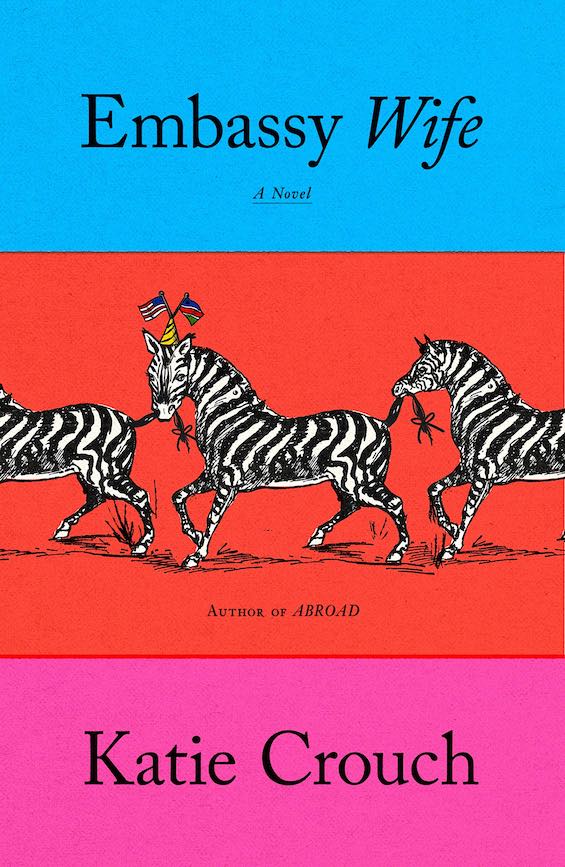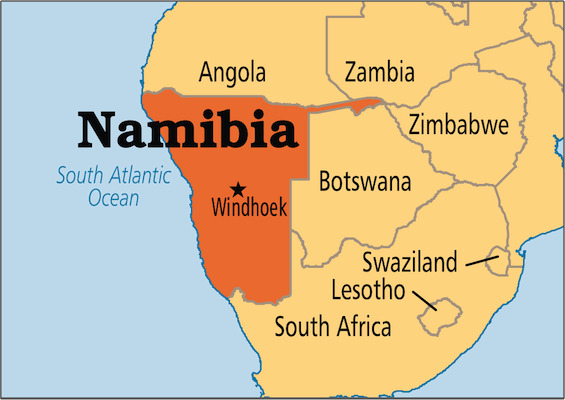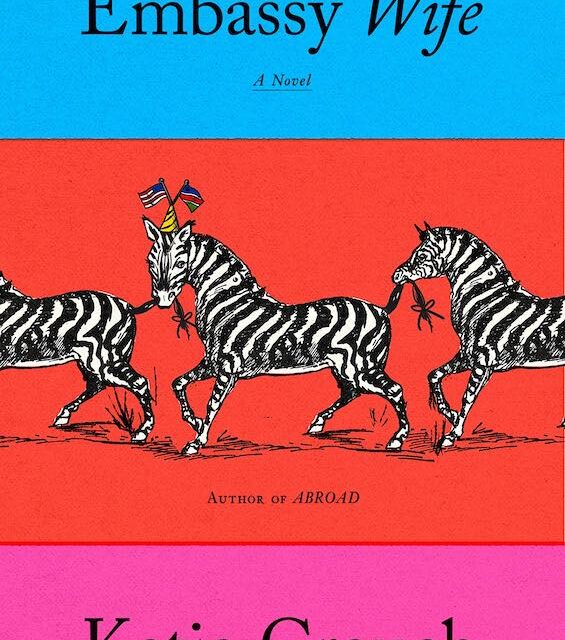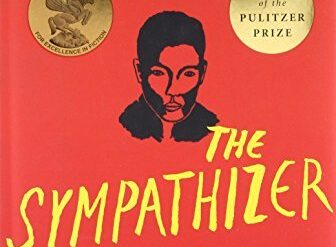
Americans are famously ignorant of life in other countries. Only about one-third of us have valid and unexpired passports (and that’s double what it was thirty years ago). But even those who do are most likely to visit Mexico or Canada, which account for the overwhelming majority of our foreign travel. Most of the rest is to the familiar nations of Western Europe—the UK, Italy, France, Spain, and Germany. Those who break the mold and spend time elsewhere among the world’s 200 nations represent a tiny minority, despite decades of US military adventures abroad, more than 60 years of Peace Corps service, and the globalization of American business. So, as a people, we have much to learn from the experiences of that small number of more adventurous souls who leave the beaten path. Katie Crouch’s intriguing novel about life in the southern Africa nation of Namibia, Embassy Wife, is a case in point.
Trailing Spouses and schoolkids
Persephone Wilder is what is known in State Department lingo as a “Trailing Spouse.” Her husband, Adam Wilder, is legal counselor to the US Ambassador, who was newly appointed by a certain large American President with orange complexion and yellow hair. Persephone is the leader of the pack among the wives (and one husband). They all send their children to the Windhoek International School, where the kids mingle and bond with the offspring of diplomats from all over the world. Persephone is the President of the PTA. She outcompeted a local woman, Mila Shilongo, wife of Josephat Shilongo, the Minister of Transportation, to gain the job. And she will greatly regret that decision.
Embassy Wife by Katie Crouch (2021) 347 pages ★★★★☆

Two young girls and an international incident
The plot revolves around three families, two American and one Namibian. The Shilongos and their younger daughter, nine-year-old Taimi. (The elder, Anna Shilongo, doesn’t surface until later.) The Evanses, Amanda and Mark, and their nine-year-old, Meg. And the Wilders, with their three young children. Amanda and Mark have only recently arrived in Windhoek and placed Meg in the Windhoek International School. Adam had dragged them there to take up a “consultant position as ‘special academic advisor'” to the embassy, forcing Amanda to leave her job as COO of a promising Silicon Valley firm. Mark served in the country as a Peace Corps Volunteer 21 years earlier and is thrilled to return. Amanda is not thrilled in the least.
The three wives—Persephone, Amanda, and Mila—all meet in the course of picking up their children after school. While at first the encounter is tense, in short order both Persephone and MIla want to become Amanda’s best friend—separately, as they despise each other. But what promises to become a warm and easy relationship soon founders when Meg and Taimi make up after a dust-up at school and become “besties.” The two little girls will prove to trigger an international incident involving the school’s principal, the Namibian police, the American Ambassador, and the Namibian government. Life as an expat, it turns out, isn’t easy at all. And life in Namibia seems to be harder still.
All this takes place during the administration of an American President who “was doing his best to paint Americans as a country of rude, orange Oompa Loompas who shoved others out of the way for photo ops and paid off porn stars.” And that complicates things even more.

The setting for the book
The Republic of Namibia is probably one of those countries least familiar to Americans. It lies in southwest Africa along the Atlantic Ocean to the west. It’s bordered on the north by Angola and Zambia, with Botswana to the east and South Africa to the south and east. Namibia is a large country geographically, with land area larger than that of the state of Texas. But its population is tiny, only 2.6 million, a little larger than that of metropolitan Charlotte, North Carolina. More than 400,000 of those people live in the capital city, Windhoek. And, as Mila informs Amanda, “We speak eleven different languages here. . . We have nine different tribes, all with their own cultures and ways of doing things.”
Namibia is both stable politically and relatively well off economically. It was a German colony for three decades, and later a protectorate of the Republic of South Africa under apartheid. The country didn’t gain full independence until 1994. But it has prospered since. The nation’s rank for GDP per capita is only a little lower than that of South Africa. Both countries benefit from wealth in diamonds. Namibia has vibrant tourism and mining industries (yielding uranium, gold, and base metals as well as diamonds). But the country is the driest in sub-Saharan Africa. It’s nearly all desert.
About the author

Katie Crouch‘s publisher, Macmillan, writes that she “is the New York Times bestselling author of Girls in Trucks, Men and Dogs, and Abroad. She has also written essays for The New York Times, Glamour, The Guardian, Slate, Salon, and Tin House. A former resident of Namibia and San Francisco, Crouch now lives in Vermont with her family and teaches creative writing at Dartmouth College.” The university notes that “Professor Crouch enjoys teaching dynamic, lively creative writing workshops, with an emphasis on reading widely and discovering one’s individual voice.”
For more reading
You might also enjoy:
- Top 10 great popular novels reviewed on this site
- 20 top books about Africa, including both fiction and nonfiction
- Good books about racism
And you can always find my most popular reviews, and the most recent ones, plus a guide to this whole site, on the Home Page.



























